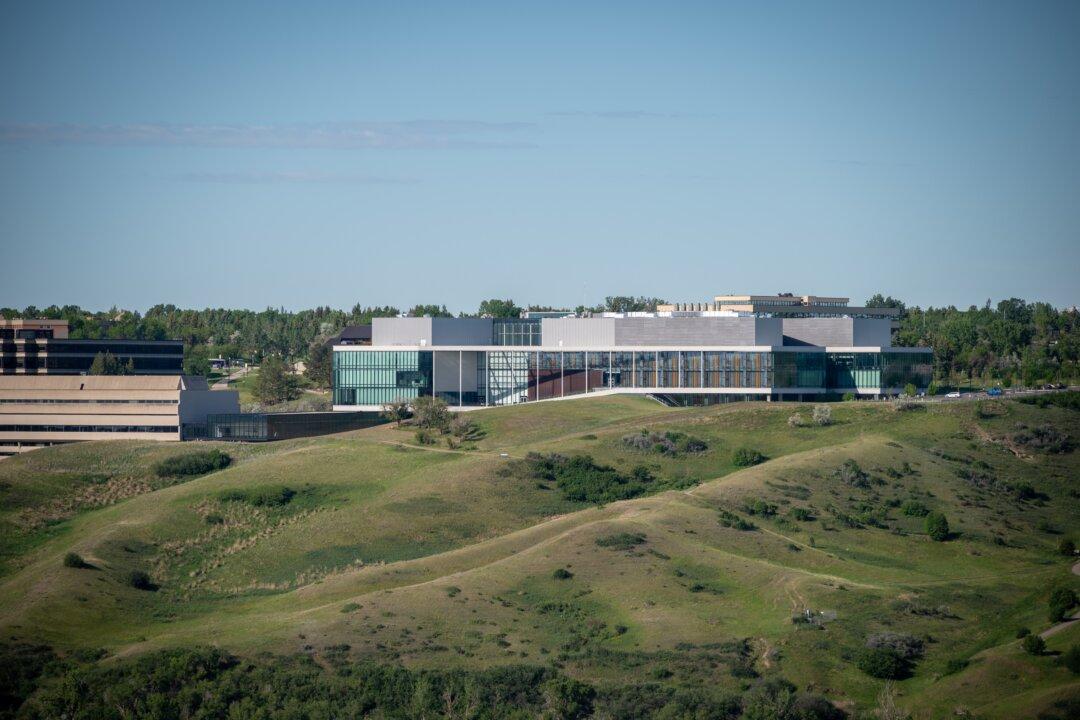The Alberta government has announced that post-secondary institutions will be required to provide reporting annually on their efforts to protect free speech directly to Minister of Advanced Education Demetrios Nicolaides.
Nicolaides told The Epoch Times it became apparent after the University of Lethbridge (U of L) cancelled a planned public lecture by guest academic Frances Widdowson that it was “important to ensure there is adequate compliance to policies.”





